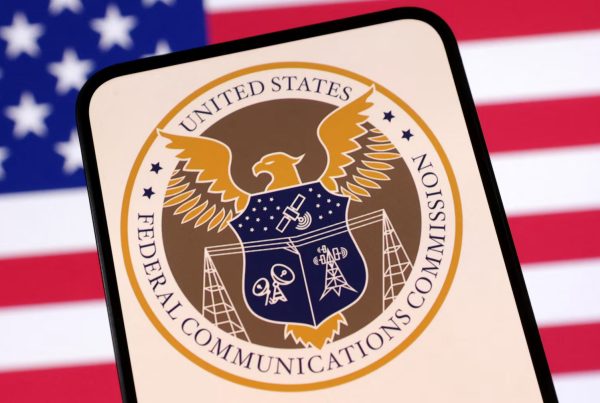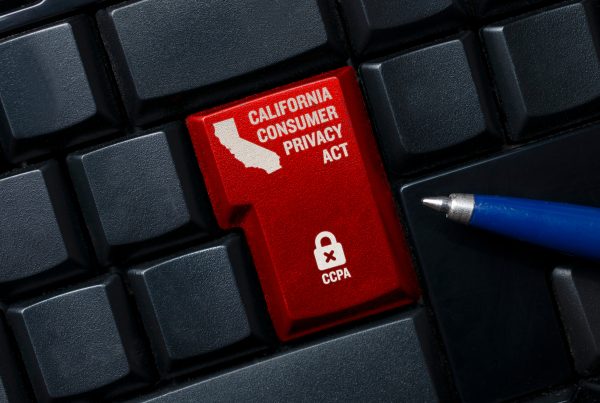On December 18, 2023, the Federal Communications Commission (“FCC”) issued an Order that makes two major updates on upcoming changes to the FCC’s TCPA rules, 47 C.F.R. § 64.1200. First, it significantly restricts how one can get consumers’ “prior express written consent” to call or text them with regulated technology, such as autodialers (“ATDS”) and prerecorded voice. Second, it expands its Do-Not-Call rules to apply to text messages, too. While these new rules won’t take effect for some time, they are major changes that will require advance planning for many in our industry.
I. The National Do Not Call Registry Applies to Text Messages
The FCC, under 47 C.F.R. § 64.1200(c), currently prohibits making telephone solicitation calls to numbers registered on the National Do Not Call Registry (“NDNCR”), subject to certain exceptions. Under this new update, the FCC will now prohibit telephone solicitation calls and text messages to numbers registered on the NDNCR. This isn’t particularly unexpected. Multiple courts have already held that the FCC’s NDNCR protections apply to solicitation texts (even if Congress never gave the FCC, much less courts, that authority).
II. Obtaining Prior Express Written Consent On a One-to-One Basis
Since 2015, the FCC has required marketers to have “prior express written consent” from called parties to call or text them with an ATDS or artificial or prerecorded voice. See 47 C.F.R. § 64.1200(a)(2)-(3). Under the FCC’s current rule, a called party can provide that consent to multiple entities at the same time, as we commonly do on aggregator sites like LendingTree and similar sites. Under this new update, the FCC is removing that right. The new rule will only allow consumers to give prior express written consent on a one-to-one basis.
The FCC also tightened up the scope of consent one is deemed to get from the consumer. The FCC is now requiring that such calls and texts be “logically and topically” related to the “interaction that prompted the consent[.]” Unhelpfully, the FCC did not define “logically and topically.” The FCC provided one example of how it intends to apply this change: “a consumer giving consent on a car loan comparison shopping website does not consent to” receiving autodialed and/or prerecorded calls and texts “about loan consolidation.”
The FCC believes it is closing the so-called “Lead Generator Loophole.” In reality, the FCC’s change will severely impact small businesses that heavily rely on lead generators. Recognizing that, the FCC has delayed the effective date of this change by at least a year.
This change does not apply to live-agent sales calls that do not involve an ATDS. {01542734;v1}
III. Obtaining Prior Express Written Consent of the Called Party Before Sending Telemarketing Text Messages Via an ATDS
Under this Order, now both telemarketing calls and texts, if they involve the use of an ATDS or contain an artificial or prerecorded voice, require the called party’s consent. Previously, the rule only expressly applied to telemarketing calls. This amendment isn’t surprising, as the FCC’s position has been that its ATDS regulations apply to both calls and texts. That change will not become effective for at least a year.
Source:
|
Mitchell N. Roth, General Counsel |





